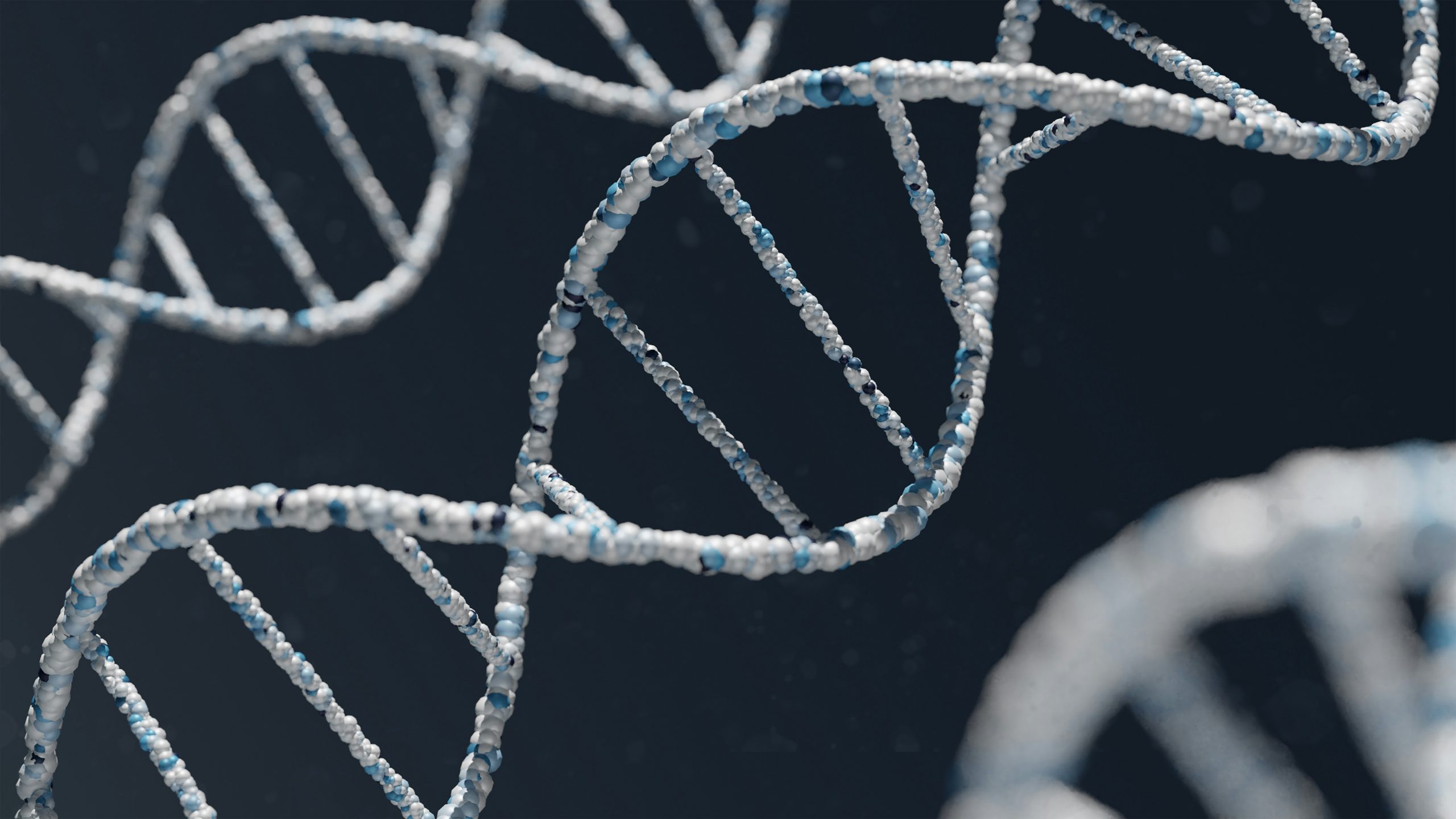
Brain UK study ref: 12/006,
Lay summary,
Project status: Closed
The impact of mitochondrial DNA mutations on substantia nigra neurons
Dr Nichola Lax, Newcastle University
Mitochondria are cellular batteries that convert the food we eat into energy, in the form of ATP. They are small complex structures present in every cell in the human body, except red blood cells, and typically, we have many thousands of mitochondria in every cell. Each mitochondrion contains their own small, circular genome (often referred to as mitochondrial DNA or mtDNA) which is made up of genes. These genes are important because they encode for 13 proteins which comprise the mitochondrial respiratory chain. These proteins within the mitochondrial respiratory chain perform complex reactions which allow energy to be formed.
Genetic defects (mutations) within mtDNA mean that these mitochondrial respiratory chain proteins may be produced at lower levels or in extreme cases, not at all. This has a critical impact on the amount of energy which is generated and can result in a number of serious diseases, called mitochondrial diseases. These diseases often affect the brain, nerve and muscles since they tissues have a high requirement for energy. Evidence of mitochondrial dysfunction and damage to the brain nerve cells is frequent in patients with mitochondrial disease and causes severe neurological symptoms. By studying post-mortem tissues donated from patients with mitochondrial disease, we can try to understand the processes leading to neural dysfunction and cell death in order to develop targeted therapies to prevent neurological disease.
